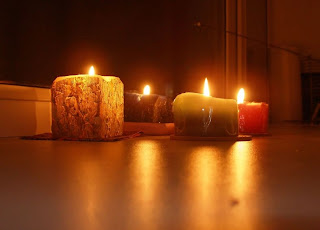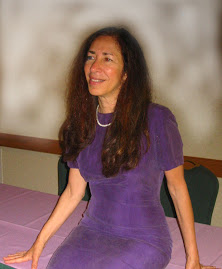
This is a ritual for marking the death of your problem; for burying it:
1. Enlist a support team to share in the ritual with you. Even if you want to keep the problem a secret, this step is important. Knowing that there are people who are for you, who “have your back,” is key. Also, when you perform the ritual with a circle of people, you create amplified energy toward eradicating the issue. Even one other person will be a help, but if you can gather a circle of five to seven, that will be best.
2. Create a space for the ritual. A beautiful place outdoors is best. The space should inspire you with a feeling of peace and safety. Mark the spot with objects that represent the life you want to move toward—and with objects that inspire you with a feeling of sanctity. Flowers, crystals, photographs, and so on work well.
3. Gather your support circle together. Write down the problem and describe it in detail. Then, if possible for you, describe the problem aloud to your circle. This can be difficult if you feel shame about the issue, but again, this step can be of enormous help. One way to ease the difficulty can be to invite others to participate by also sharing and then purging their issues, so that it becomes a group purging ritual. Invite those in your circle to offer their support and good wishes, both aloud and inwardly, to help you become free of the problem.
4. Light a match to your paper, and watch your problem burn. Please make sure that you have a dish or plate of some sort to burn upon, and create a safe place to do this—you can, for instance, have a metal barrel to toss burning papers into.
5. When the problem has burned, bury the ashes.
6. Offer an affirmation aloud, such as “I am now free of my problem of _______. I do not need it any longer. I am now free to go on to the next steps in my life. I am grateful for the help I have received in saying goodbye to this problem. May I be of help to others who need to let go of the issues that bind them.”
If you wish, you can mark the end of the ceremony with music, or burning of sage, or a shared meal.
I sincerely hope that this ceremony helps you move beyond whatever holds you back. Please let me know how it works for you, and please share if you have any suggestions for making it even more powerful or effective.
Dr. Hiyaguha Cohen offers life coaching by Skype or phone and in-person Hawaii counseling. Click HERE to go to her website.
Thank you for visiting the Radical Love blog!











